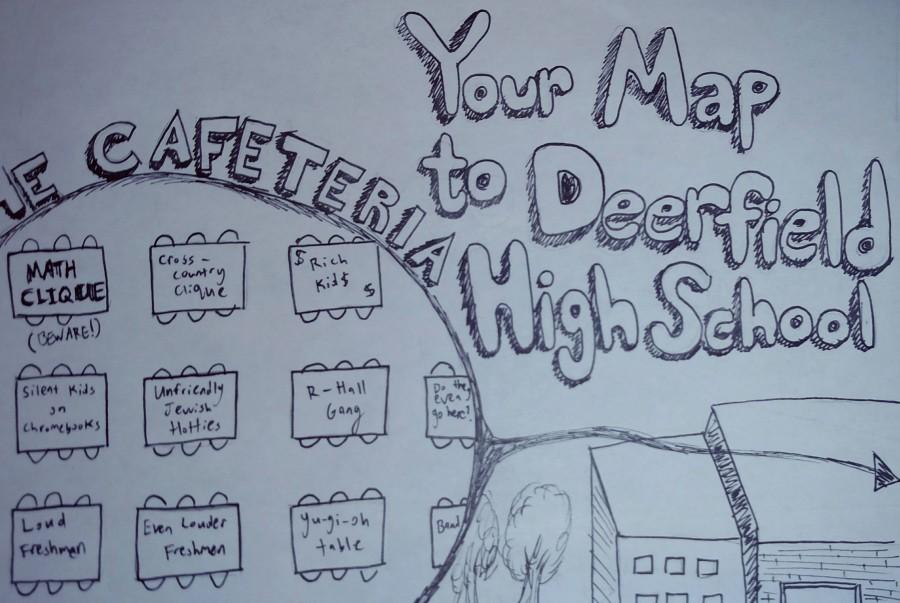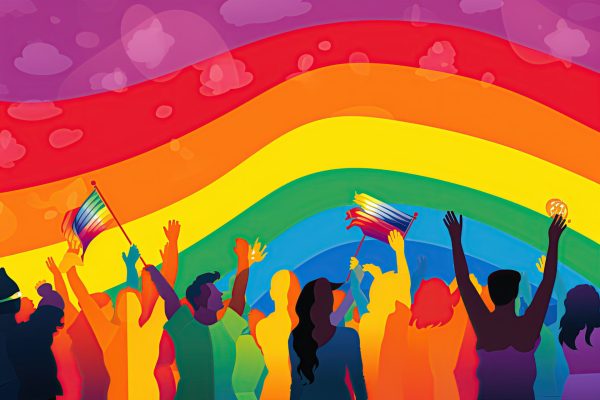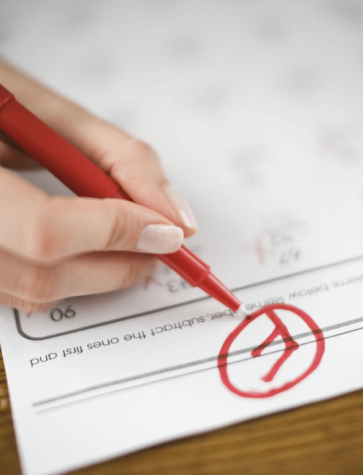Why being “popular” is way too popular
You’ve seen it in media for years. The Breakfast Club has a “popular girl.” Glee has jocks throwing slushies. Mean Girls has its famous clique wreaking havoc in its fictitious school. Popularity, and the idea of it, is rampant.
But what is popularity, really? It really does have no agreed upon definition; every dictionary has a different, very vague description of the word. However, the sense given by the media that I mentioned before is that it means the top of the totem pole in a social hierarchy, a hierarchy usually decided by looks and money. Additionally, the general expectation of popular people is that they have a lot of friends, and alienate those that don’t fit in that, rich, good-looking category.
But what does popularity mean at Deerfield? To me, popularity at Deerfield is defined not how mainstream media would depict it, but in more quantifiable measures: how many parties do you go to? How many football games do you attend and how loud are you at them? How many people were at your Bar/Bat Mitzvah party and how cool was it? More friends should mean more popularity.
Is that really true? Statistics show that amongst people aged 16-19, over 50% described themselves as having one to five friends, which isn’t a very high number at all, but it matches up nicely with the size of cliques that most see in movies. However, most Deerfield friend groups, based on what I’ve seen, popular or not, are fairly big, with some groups appearing to have a dozen, easily. But if the media’s definition of popularity is about more of things (money, friends, etc.), why isn’t this the case at Deerfield?
Let’s use me as an example. By the Deerfield definition, I’m not popular. I’m not even in a friend group, I don’t attend any parties, and I’ve never been to a Deerfield football game in my life. And I like to think I’m an intelligent person, but I’m not treated anywhere near to the way that “nerds” are treated in the movies (although, it helps that I don’t own suspenders and can’t fit inside my own locker). To me, this is because we all get along, and I’m happy that I can say that truthfully.
To me, no one’s really of a higher status than anyone else– everyone’s popular within their own friend group yet bonds with other friend groups through academics and extracurriculars. So why do we even use the word– or fret about it– anymore? No one would mistake me for exuding an aura of status or looking like Adonis. But I have plenty of friends, despite not being in a friend group, and I’m happy. Isn’t that all that matters?
But Jon, you ask, how can you possibly live without being in a friend group? Well, mysterious reader, it’s pretty easy, and I think I’m actually better off because of it. Not being in a friend group means I’m not tied to anything: no consistent weekend plans, no everyday lunch table, no trouble to get into because my hypothetical friend group decides to do something stupid. And really, I don’t care if I sit alone at lunch. I don’t need to be pitied, and I don’t give a darn if my social status is lowered from not being in a friend group. So, if I’m not described as popular, and I’m still happy, why do people at Deerfield still care so much about it?
So, if popularity is both incorrectly defined and not a good indicator of happiness, just stop using the word. All it accomplishes is giving those who consider themselves popular more pride in their status than they deserve, and those who consider themselves on the opposite side of the spectrum low self-esteem. It just doesn’t matter and I cringe every time I hear someone say that they’re not popular enough to do something or ask someone out, etc. There’s just no point in having this harmful concept in our already stressful Deerfield society.
Why do we, as a society, get all caught up in the semantics of social status and the social rungs when all that matters is how we feel? We care far too much about how we’re perceived, not how we perceive ourselves, and it’s time to stop. Obviously, we have more interaction with others than we have time thinking about ourselves, but we have to love ourselves more than others do.
In order to accomplish that, we can’t succumb to peer pressure. To put it simply: do what you want to do, not what others want you to do. It’s important that you make the decision based on what you want, not what someone else wants you to do, or, worse, the “social level” of the person asking you to partake in something you may regret. It sounds hard to do, and it is, but making your own decisions is so crucial.
This entire suggestion of being rid of the idea of popularity is hard to stomach and won’t simply happen overnight. All you can do right now is be happy with yourself. Take some time to be selfish. Think “me.” instead of “they” or “we.” It doesn’t matter what other people think of you; if you can smile when you look in the mirror, you’ve won.

Staff Editor Jon Becker is happy to be back for his second year of Deerprints. During the day, Jon enjoys all of his classes, especially those with...







Nic • Mar 14, 2016 at 10:29 pm
Very inspiring. Great Piece.